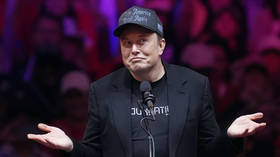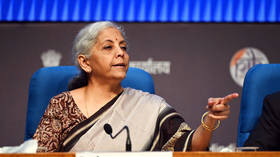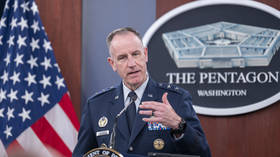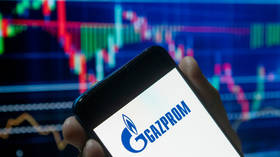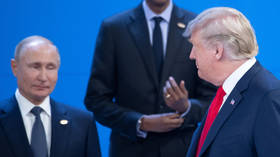Africans wonder why we use dollars to trade with each other – Mandela’s grandson to RT
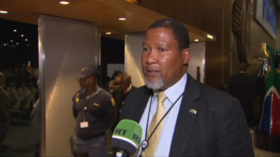
The financial infrastructure being promoted by BRICS as an alternative to Western-dominated institutions has a strong appeal for potential new members, a grandson of South African former leader Nelson Mandela has told RT.
“The BRICS bank in particular has been attractive to many countries, which say: this is an alternative to the World Bank and to the IMF, and it doesn’t come with the stringent interest rates,” Nkosi Zwelivelile Mandela said in an interview on Tuesday.
The South African politician, who has served as a member of parliament since 2009, spoke to RT on the sidelines of the BRICS Summit in Johannesburg. He was referring to the Shanghai-based New Development Bank (NDB), an international lender that funds infrastructure projects in developing nations.
Like BRICS itself, which currently comprises five countries, the NDB is expected to accept new members soon. Its current chief, former Brazilian President Dilma Rousseff, said four or five nations could join. The bank has five founding nations, which are the BRICS members – Brazil, Russia, India, China and South Africa. Bangladesh, the UAE and Egypt have joined the bank in recent years.
Mandela said many African nations are also interested in the project of a BRICS currency, which the bloc views as a possible mechanism to facilitate international trade. It would provide an alternative to swaps of national currencies, which have so far been the primary way for BRICS members to replace the dollar and euro in cross-border commerce.
“Many of us on the African continent and other developing nations [have been asking]: ‘why must we continue utilizing the dollar when we are trading among each other?’” he said. Zwelivelile Mandela added that he hoped the tool would be “coming to effect very soon.”
Russian President Vladimir Putin called the loss of the dollar’s global dominance an “objective and irreversible” process during his opening remarks at the summit. He also reiterated Russia’s commitment to fostering development in the nations of the Global South. Mandela told RT that the pledge was highly appreciated in his home nation, and follows on from Moscow’s historic support of decolonization.



